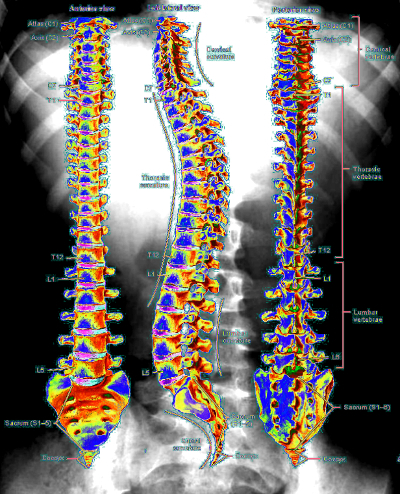Strong effect from spinal treatment
 Personalised spinal cord treatment has been able to restore motor function after complete paralysis in three men.
Personalised spinal cord treatment has been able to restore motor function after complete paralysis in three men.
Swiss researchers have used personalised spinal cord electrical stimulation - involving electrode paddles designed specifically for spinal cord injuries.
In a recent study, they were able to restore independent motor movements within a few hours of the onset of therapy in three patients with complete sensorimotor paralysis.
Electrical stimulation of the spinal cord is a promising therapeutic option for restoring motor function in people with spinal cord injury.
The researchers designed a new electrode paddle that targets all nerves associated with leg and trunk movements in the spinal cord.
The team combined this technology with a personalised computational framework which allowed for the precise positioning of the electrode paddle for each patient and the personalisation of activity-dependent stimulation programs.
This optimised spinal cord–stimulation approach was then shown to rapidly restore independent walking and other motor activities, such as cycling and swimming, in three patients (all men, between 29 and 41 years of age) within a single day.
Neurorehabilitation further helped the patients to be able to conduct these activities within their communities.
These findings - which form part of an ongoing trial - highlight the superior efficacy of purpose-built, personalised spinal cord–stimulation approaches, presenting a therapy that could lead to clinically meaningful improvements in people with a broad range of spinal cord injury severities.








 Print
Print